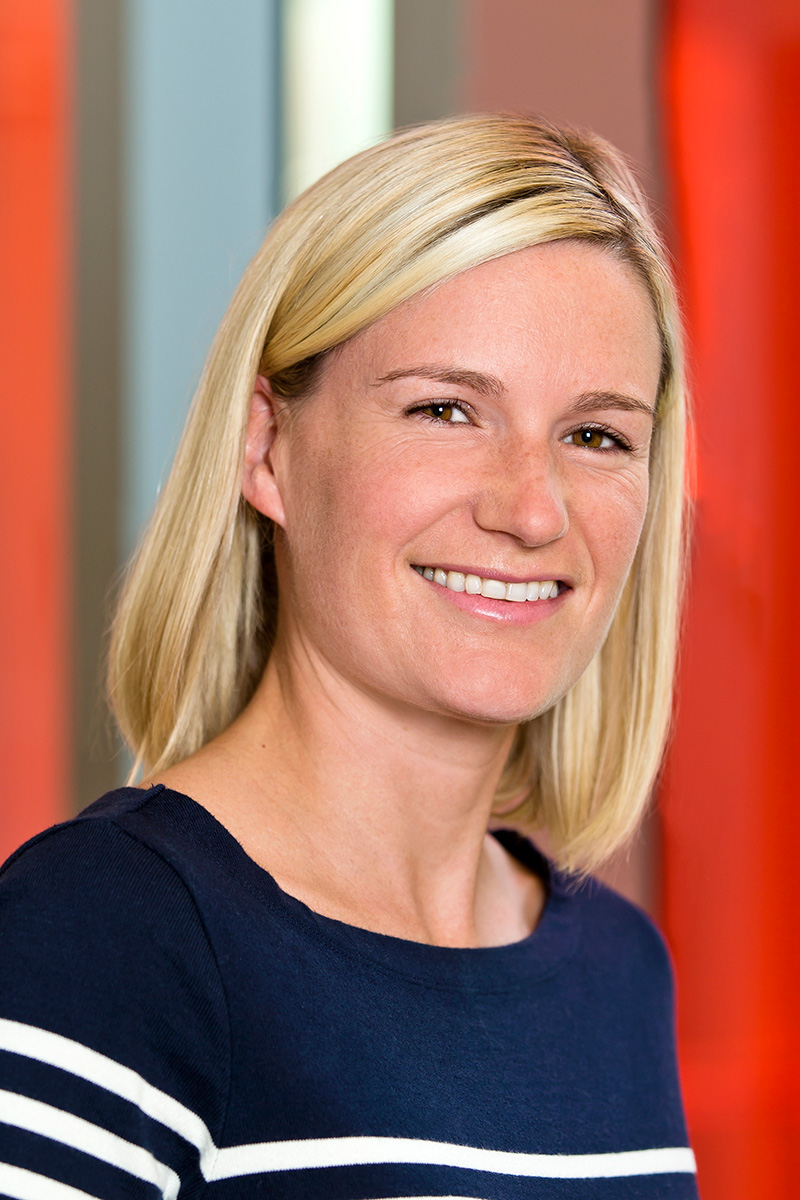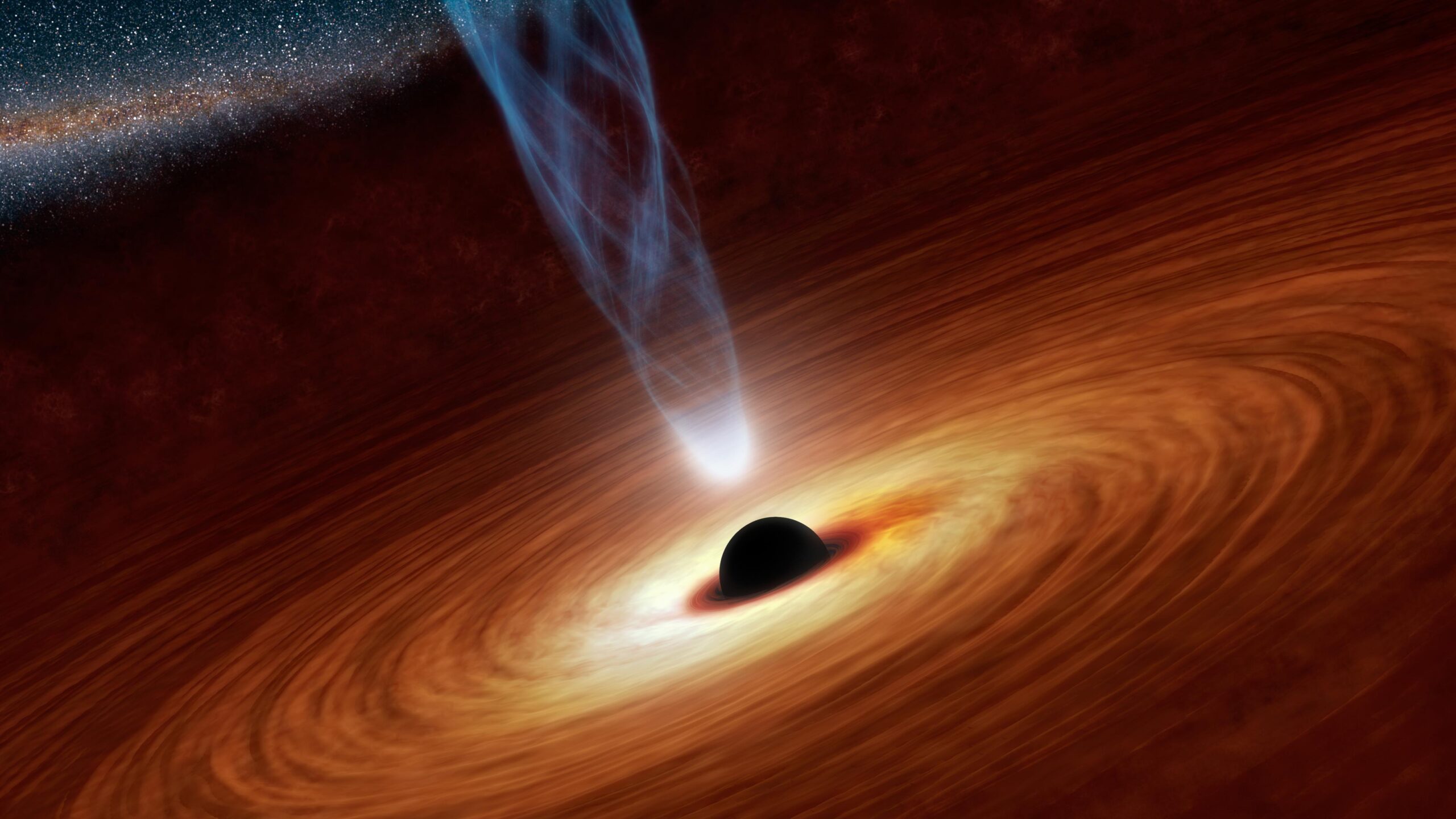Meet Our Physicists
Suvi Gezari
Space Telescope Science Institute
Scientific Secretary

Dr. Gezari is an Associate Astronomer with tenure, and the Chair of the Science Staff at the Space Telescope Science Institute in Baltimore, MD. She is also a Research Professor in the Department of Physics and Astronomy at Johns Hopkins University. Before arriving at the institute, Dr. Gezari was an Associate Professor of Astronomy with tenure at the University of Maryland and the co-director of the Joint Space Sciences Institute. She was awarded the Kavli Foundation Prize Plenary Lecture at the 235th AAS Meeting in Honolulu, HI in January 2020 for her global leadership in the study of tidal disruption events, received the University of Maryland College CMNS Board of Visitor’s Junior Faculty Award in 2016, was a Scialog Time Domain Astronomy Fellow in 2015, and received an NSF CAREER Award in 2015. Prior to her faculty position she was a Hubble Fellow at Johns Hopkins University. She received her Ph.D. in Astronomy at Columbia University in 2005, and her Bachelor’s of Science degree with honors in Math-Physics at Brown University in 1999.
Dr. Gezari’s research program harnesses the power of time domain observations to study supermassive black holes. Dr. Gezari is a pioneer in observational studies of tidal disruption events (TDEs), luminous outbursts from the nuclei of galaxies that occur when an unlucky star is ripped apart and consumed by a central massive black hole. She has used wide-field time domain surveys to discover TDEs, including GALEX, Pan-STARRS1, iPTF, and ZTF, and soon the Vera C. Rubin Observatory and the Nancy Grace Roman Space Telescope. Dr. Gezari is involved in planning for future NASA missions, and is the Science Team lead for New Views of the Dynamic Universe for the UVEX: Ultraviolet Explorer medium-class mission, scheduled for launch in 2030, and a NASA-selected member of the ULTRASAT ultraviolet time-domain mission scheduled for launch in 2027. Dr. Gezari also uses follow-up observations across the electromagnetic spectrum, especially in the UV and X-rays, and spectroscopic observations of their host galaxies, to classify and characterize TDEs, and use them as probes of accretion physics and massive black hole demographics.

Positions Held
General Member, 2019 – current
Assistant Scientific Secretary, 2023 – 2024
Scientific Secretary, 2024 – current
